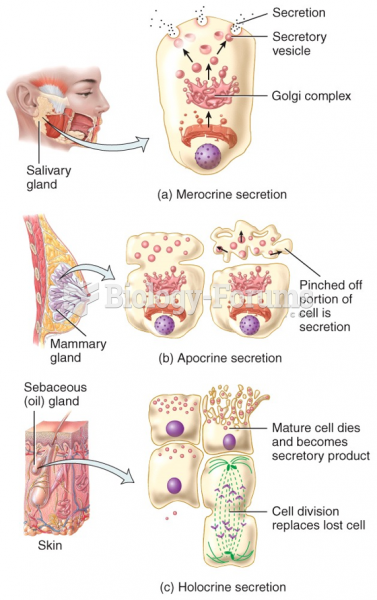Answer to Question 1
T
Answer to Question 2
The audit provides management with a detailed analysis of current sales activity by location and by selling area. It identifies how and where additional sales volume is available. It measures, analyzes, and reports on the specific factors as follows:
Basic Service:
Customer contact
Salesperson-initiated contact
Customer acknowledgment
Salesmanship:
Merchandise knowledge
Needs clarification
Active selling
Suggestion selling
Sales Enhancement:
Impulse purchasing
Walkouts
These elements of service, salesmanship, and sales enhancement are measured and reported by selling area within each store, enabling management to apply targeted training programs. To provide management with an action program, the customer service and sales-enhancement audit includes a series of exception reports that show specifically what improvement is necessary within each selling area at each company store. The dollar value also is listed so that management can know the added volume that is available by applying targeted retraining programs. The report should list the causes of walkouts for each selling area at each location. Management therefore receives an analysis of current performance by selling area at each company location and the specific action necessary to capture unrealized potential. The dollar opportunity is also calculated to highlight the value of each improvement. Exception reports make it easy to implement the program. Shoppers are continuing to visit stores in large numbers, many of them willing, able, and anxious to be converted into buyers. Management's task is to identify where and how that can be accomplished. That is the function of the audit.







